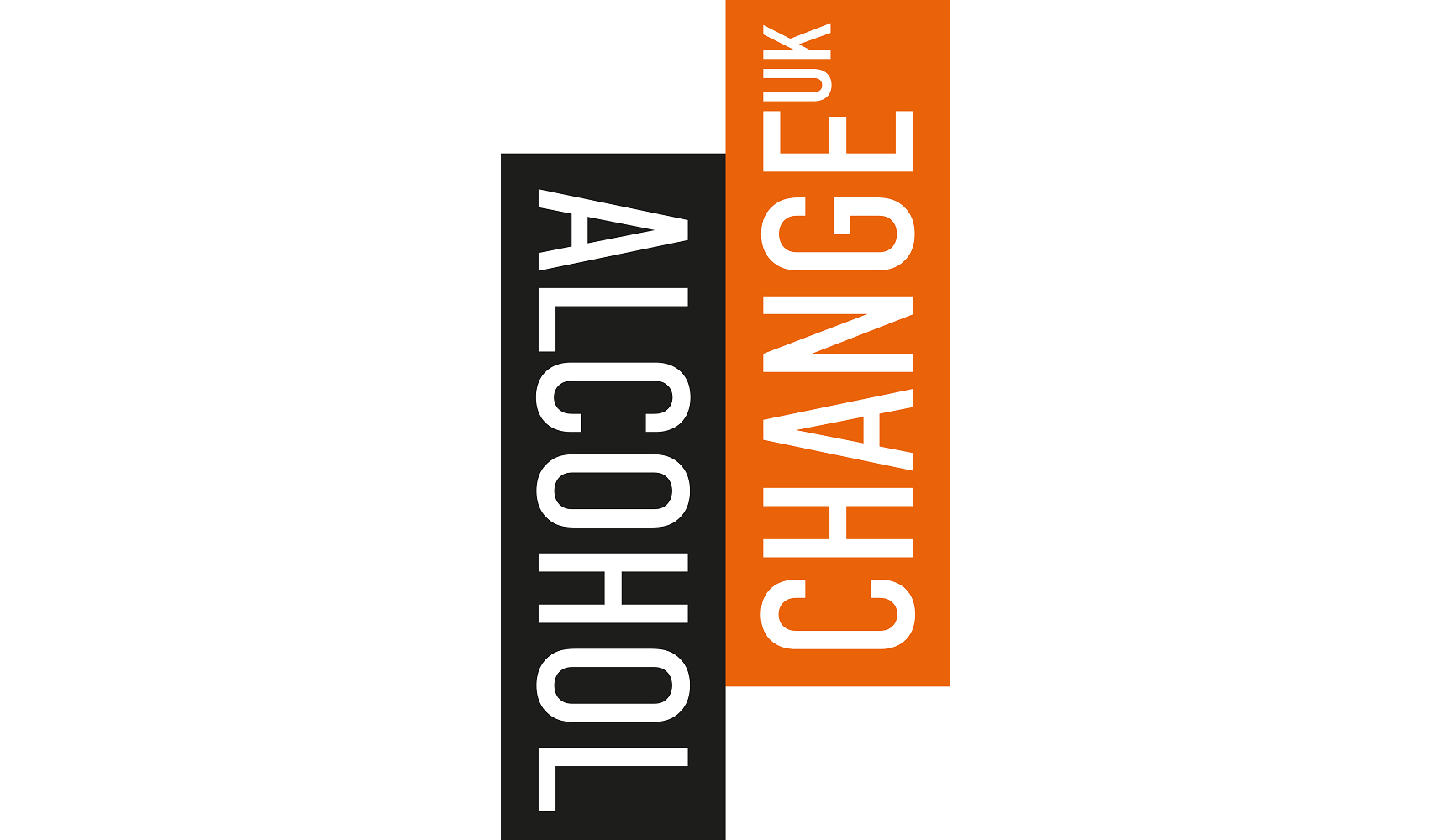Spotlight on… drugs and alcohol aims to raise awareness of the health and safety risks associated with the topic and how it impacts the construction industry...
Examples of best practice
The Scheme aims to improve the image of construction through sharing best practice with the industry. Below are a number of best practice examples that have been either witnessed by the Scheme’s Monitors on their site visits or submitted by members of the industry themselves:
August – Moderation
Considerate Constructors Scheme have partnered with Drinkaware to help the construction industry make positive changes to their drinking, Summer often brings more opportunities to drink with longer evenings, warmer weather and more social occasions. But when alcohol becomes more of the focus, it can start to affect your health, sleep, mood, and even your performance at work. You don’t need…
July – Alcohol Awareness Week
Considerate Constructors Scheme have partnered with Drinkaware to help the construction industry make positive changes to their drinking, Alcohol Awareness Week is a dedicated time for raising awareness about the risks associated with alcohol consumption, promoting healthier lifestyle choices, and providing support for those struggling with alcohol-related issues. Whether you’re on-site or in the office, alcohol can impact how you…
June – Drink Driving
Considerate Constructors Scheme have partnered with Drinkaware to help the construction industry make positive changes to their drinking, Alcohol affects your reaction time, judgment, and coordination — all of which are crucial for staying safe on the road and on-site. Even if you feel “fine,” alcohol can still be in your system the next morning, putting you and others at…
May – Mental Health
Considerate Constructors Scheme have partnered with Drinkaware to help the construction industry make positive changes to their drinking, Mental health is just as important as physical health, especially in a demanding industry like construction. While some might use alcohol to cope, it can actually worsen anxiety, stress, and low mood over time.
April – Stress
Considerate Constructors Scheme have partnered with Drinkaware to help the construction industry make positive changes to their drinking, The construction industry is a high-pressure environment, with demanding schedules, physical labour, and tight deadlines. Stress is common, but turning to alcohol to relax can make things worse.
March – Sleep
Considerate Constructors Scheme have partnered with Drinkaware to help the construction industry make positive changes to their drinking, Good sleep is critical for safety, focus, and productivity on a construction site. However drinking can significantly disrupt your rest, leading to fatigue and potentially dangerous mistakes.
February – Monday Mornings
Considerate Constructors Scheme have partnered with Drinkaware to help the construction industry make positive changes to their drinking, Construction work requires full attention, energy, and clear thinking – especially on Monday mornings when the work week kicks off. But heavy drinking over the weekend can leave you feeling tired, foggy and dehydrated. By understanding the effects of alcohol and how…
January – Dry January
Considerate Constructors Scheme have partnered with Drinkaware to help the construction industry make positive changes to their drinking, Taking a break from drinking in January can be an ideal way to reset your relationship with alcohol and improve your overall wellbeing. Cutting back or pausing your alcohol intake can boost your health and job performance, with improved sleep quality, better…
December – Staying Safe this Christmas in Construction
Considerate Constructors Scheme have partnered with Drinkaware to help the construction industry make positive changes to their drinking, The Christmas period is a time of celebration, but for those working in the construction industry, it can also be a period of increased risk, especially when it comes to alcohol consumption. Whether it’s attending holiday parties or winding down after a…
November – Working Away From Home
Considerate Constructors Scheme have partnered with Drinkaware to help the construction industry make positive changes to their drinking, Working away from home can present unique challenges, particularly when it comes to managing how much alcohol you drink. Many construction workers find themselves isolated in unfamiliar areas, often staying in poor accommodation, sometimes even above pubs.
October – Alcohol and Peer Pressure
Considerate Constructors Scheme have partnered with Drinkaware to help the construction industry make positive changes to their drinking, In the construction industry, socialising can often involve having a drink with colleagues after work. While this can be a great way to bond, it’s important to be aware of the peer pressure that can arise, particularly when rounds are involved. Understanding…
September – Alcohol and Blood Pressure
Considerate Constructors Scheme have partnered with Drinkaware to help the construction industry make positive changes to their drinking, As construction workers, your health is your most valuable tool. Just like maintaining your equipment and wearing protective clothing, taking care of your health ensures you stay at the top of your game. One critical aspect to monitor is your blood pressure,…
The Drinkaware Drinking Check
Considerate Constructors Scheme have partnered with Drinkaware to help the construction industry make positive changes to their drinking, This initiative aims to support the construction industry by enabling employees and contractors to understand more about their own drinking with the Drinkaware Drinking Check and make positive changes to their drinking if they need to. The Drinkaware Drinking Check, a tool…
CASE STUDY: Robertson – Mandatory Drugs and Alcohol Testing
The construction sector has encountered many challenges in relation to recreational drug use, which has become more prevalent since the pandemic and is impacting health and wellbeing across wider society. Robertson Group have developed a video which highlights what they have done to improve Drugs and Alcohol testing on their sites and the support they need to tackle this major…
Alcohol Policy Template
Many sites have implemented an Alcohol Policy to ensure all operatives on site are not under the influence of alcohol and therefore are fit to work. Alcohol testing might be implemented where appropriate to further encourage this positive culture of safety consideration. For sites that do not have their own company policy in place, the Scheme has included an alcohol…
Spotlight on… posters
Spotlight on… posters have been designed for general display in and around site welfare facilities. The Scheme has developed a collection of A3 posters from the series of ‘Spotlight on…’ learning toolkits. This resource has proven valuable for display on site and raising awareness amongst the workforce and visitors. To purchase these products, click here. To download a free electronic…
Anti-Drug Campaign
Following a project safety stand down at the beginning of the year, and regular drug and alcohol testing carried out on site, the team have engaged with the workforce on an anti-drug campaign. A drugs and alcohol testing specialist has joined the site in carrying out regular testing and delivering presentations to the workforce in order to highlight the issues…
Demonstrations of Brake Reaction Testing and ‘Beer Goggles’ to Simulate Impaired Driving
To further promote safety for vulnerable road users in line with CLOCS, as well as promoting employee safety, a member of Kildare County Council held a road safety and drink awareness talk onsite. Discussing issues and giving role-play demonstrations such as: Managing Driving for Work Alcohol consumption effects Local accident hotspots Speed limits in the regional area Impaired vision due…
Fingerprint Drugs Testing
Lendlease have started trialling portable fingerprint based drugs testing equipment at their Elephant Park Development. Intelligent Fingerprinting is a fingerprint based system that checks for evidence of recent drugs misuse. The team at Elephant Park is trialling the fingerprint testing system in conjunction with the random drug screenings and in for-cause cases. To find out more, click the link below.
Alcohol Testing
Mitnija UK Ltd have recognised that anyone on a construction site with alcohol in their system may pose a risk to themselves and others, therefore they have put in place a zero-tolerance alcohol policy. To ensure the effectiveness of this policy, before starting work each morning, everyone must measure their blood alcohol level by breathing into an automated breath alcohol…
Charitable Donations
Simons Group uses a mobile app to record the Don’t Walk Bys (DWB) on each project. As part of this initiative the Chairman offered a charitable donation of £1.00 per DWB. Each project are given the opportunity to choose a local charity. The Circle Health Birmingham project chose a local charity Aquarius – The Grow Project, which is situated next…
Pre-Employment Drugs and Alcohol Testing
Illegal drug use and alcohol abuse is a social issue and in a highly hazard environment, such as construction, the effects can have a significant impact on safety. Strong policies and robust testing regimes are required to ensure that the effects of such use and abuse do not pose a risk to safety of people working on our construction sites….
Alcohol Awareness
To tie in with the update of the Drugs and Alcohol Policy, Bank Station Capacity Upgrade held an interactive Alcohol Awareness Event. This included a presentation consisting of: Calorie Consumption, Contractual Requirements, Unit Awareness and the Consequences of Alcohol Abuse. Several games with prizes were played to highlight the reason for the Drug and Alcohol Policy including: ‘Guess the Units’…
Interview Workshops for Women Returning to Work
We hosted an Interview Workshop for women returners who have been out of work for a long period of time at SHAK Community Centre on the Ainsworth Estate, Kilburn London The women have passed interpersonal skills and CV writing course at South Hampstead And Kilburn Community Centre but were worried about going for interviews. We liaised with the Facilities Manager…
Mandatory Drug Testing of Safety Critical Workers
In order to ensure the safety of everyone on site, Robertson are carrying out Drug and Alcohol testing on all Safety Critical workers at induction, this is in addition to the random drug testing which will still take place. There are a number of safety critical workers who will undertake testing including, all mobile plant operators, those carrying out tasks…
Equipping Gatemen with Breathalysers
Contractors must be vigilant against the presence of drugs and alcohol on site, as it is in the interests of everyone on site to remain safe. This can be a particular problem with drivers, as a driver under the influence poses a grave risk to the local community. See the examples below for how one site addressed this: As the gateman…
Fatigue Wristband for Tunnelling Workforce
Worker fatigue poses a potential health and safety hazard, and can be detrimental to the overall health of the workforce. Fatigue can have similar effects to alcohol, slowing down reaction time, causing lapses in judgement, and impairing cognitive ability. This danger is particularly relevant to projects which involve tunnelling, as the long shifts and rotating day and night shifts put workers at greater…
Spotlight on… drugs and alcohol follow-up article
In June 2016 the Scheme’s learning toolkit focused on the health and safety risks associated with drugs and alcohol in the construction industry. A survey conducted by the Considerate Constructors Scheme in 2016 revealed 59% of industry workers felt that there is currently a health and safety issue related to drugs and alcohol. Furthermore, a staggering 65% admitted they have…
Raising Drugs and Alcohol Awareness
Our company’s drugs and alcohol policy includes a clear annual and random testing regime of no less than 20% of the workforce. Proper guidance and support systems will be offered if the individual declares their drug or alcohol problem prior to being tested, encouraging an attitude of stepping forward to gain help. Likewise, anyone refusing testing shall result in disciplinary…
Drug and Alcohol Awareness
We are committed to maintaining a productive and most importantly, safe workplace. In managing large geographical areas of the strategic road network involving busy transportation pathways and working next to high speed traffic, we must ensure that the safety of the workforce and the public is always of utmost concern, and that our workforce all round awareness is always as…
Drugs and Alcohol Testing during Ramadan
Due to the diverse workforce on site we have requested the drugs and alcohol testing company bring saliva testing kits with them instead of just urine during Ramadan. This caters for those involved with Ramadan traditions where operatives may struggle to supply sufficient sample due to the reduced intake of liquids.
E-smoking Guide for Employers
Although the difference between smoking a cigarette and a e-cigarette, also known as ENDS (Electronic Nicotine Delivery System), may be noticeably different, the understanding on what is acceptable at the workplace can be less obvious. Organisations need a clear policy on whether to allow people to ‘vape’ anywhere, nowhere or restricted areas, to avoid misunderstandings and legal action. The law…
Driver Drug and Alcohol Testing
Construction by its nature has many potential risks. One of the risks involves the workforce operating whilst under the influence of alcohol or drugs. Either of these will impair their performance and can lead to them taking safety risks or putting others at risk. Our usual drug and alcohol policy applies to all persons engaged in the works, and some have…
Drug Testing and Counselling Initiative
The risk and impact of drugs to an individual can be a serious concern to their own health, as well as others. It is important to take the topic seriously and provide a thorough approach including both regulation and support, when considering the wellbeing and safety of the workforce. Below is an example of how one site introduced drug testing…
Bring Your Child to Work Day
Our Area 12 STEM Ambassador Group arranged a ‘Bring your child to work day’ during the summer holidays to encourage more young people to consider Engineering as a career and provide greater awareness of our construction and engineering activities around the network. This allowed us to reach local communities, to share what we do and why we do what we…
Alcohol Awareness Week
Alcohol Awareness Week is an annual campaign organised by Alcohol Concern. The campaign aims to get people thinking about alcohol and how it impacts themselves, as well families, colleagues and the community as a whole. Any organisation is encouraged to take part from local authorities, emergency and healthcare services, schools, colleges and the workplace. Alcohol concern is providing free resources including…
Dry January
Dry January is an annual campaign organised by Alcohol Concern that runs the full length of January. The campaign encourages adopting a completely alcohol free lifestyle for a total 31 days with the aim to raise awareness of alcohol consumption and healthy living. Those who have taken part in previous years have reported a noticeable change in health including: Weight loss Better…
What is Worker Fatigue?
The safety and wellbeing of a site’s workforce is a primary concern and must be properly monitored and managed. Amongst other common safety hazards, worker fatigue should not be something that is overlooked. “A state of perceived weariness that can result from prolonged working, heavy workload, insufficient rest and inadequate sleep.” – Office of Rail Regulation 2012 The Effects A construction…
Supporting Operatives through Drug and Alcohol Misuse
Encouraging healthy living throughout the workforce is important. Providing information and help on preventing the use of alcohol and drugs, can make operatives feel supported and cared for. Alcohol and drug use should also be considered and discouraged. Especially as this can have a negative impact on the health and wellbeing of the workforce and even present a potential safety issue. Below…
Smoking Issues
Healthy lifestyle advice is becoming more and more important on construction sites. This can include specialist advice and support regarding dietary issues, drugs or alcohol abuse and smoking. Sites could encourage workers to stop smoking and lead a healthier lifestyle. If workers do not want to quit smoking, a sheltered, secluded area can be created to ensure that smokers have a…

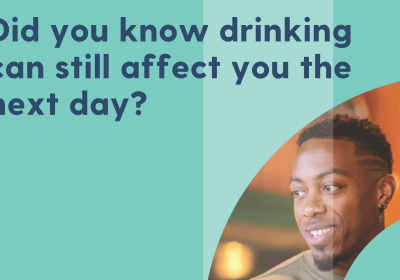
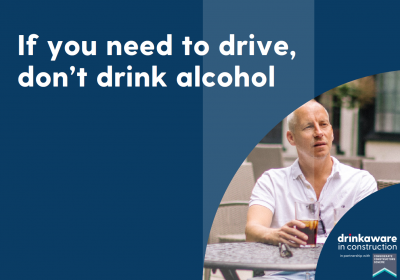

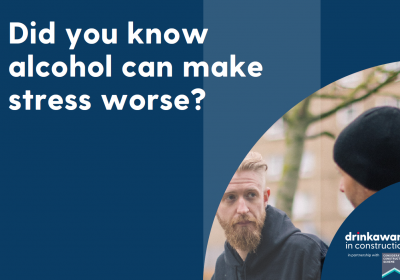
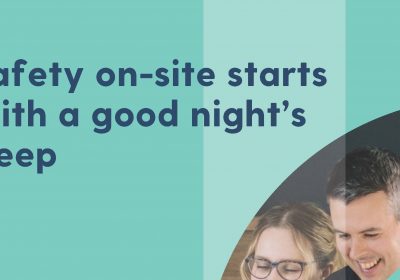







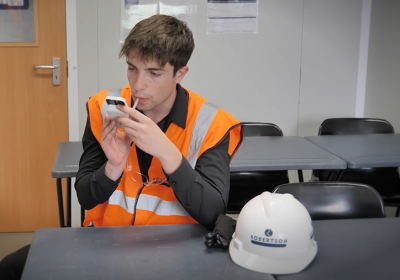
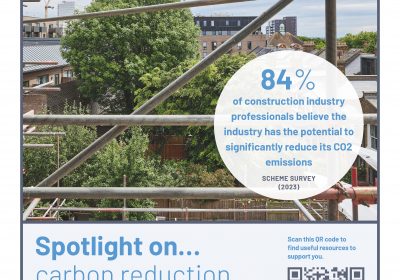




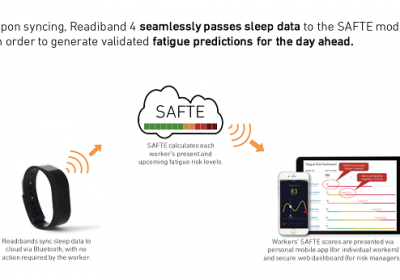

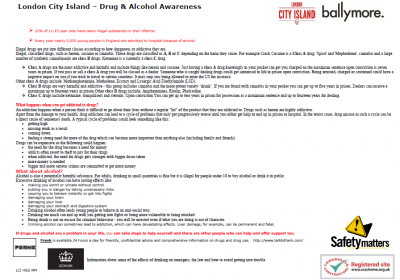
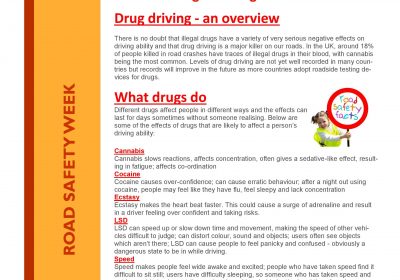

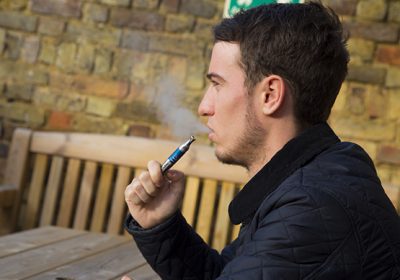
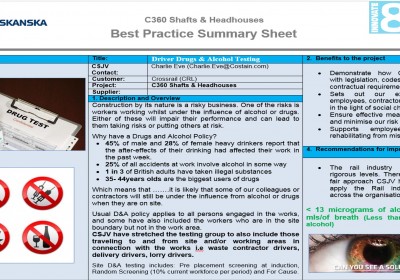

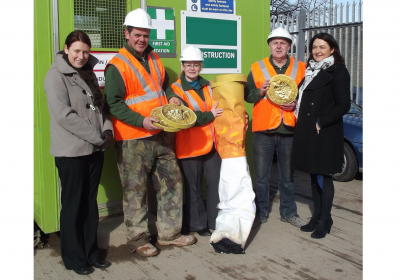
 A-one+ Integrated Highways Services focuses their efforts to tackle drugs and alcohol through a Road Safety Week initiative. Educating the workforce on the effects and impact of drug and drink driving to reduce the risk in and around busy transportation pathways and high speed traffic. To find out more click
A-one+ Integrated Highways Services focuses their efforts to tackle drugs and alcohol through a Road Safety Week initiative. Educating the workforce on the effects and impact of drug and drink driving to reduce the risk in and around busy transportation pathways and high speed traffic. To find out more click 

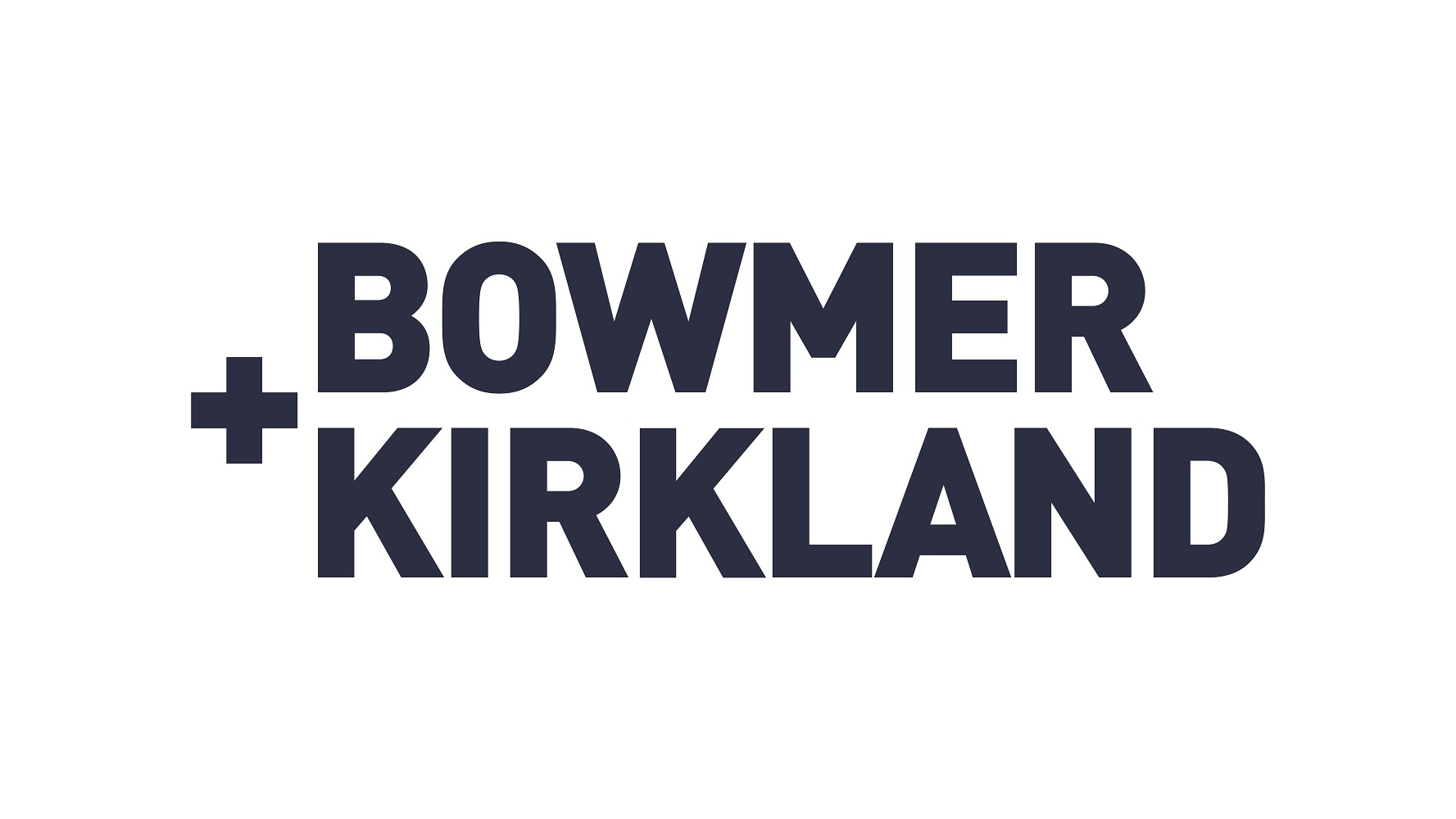
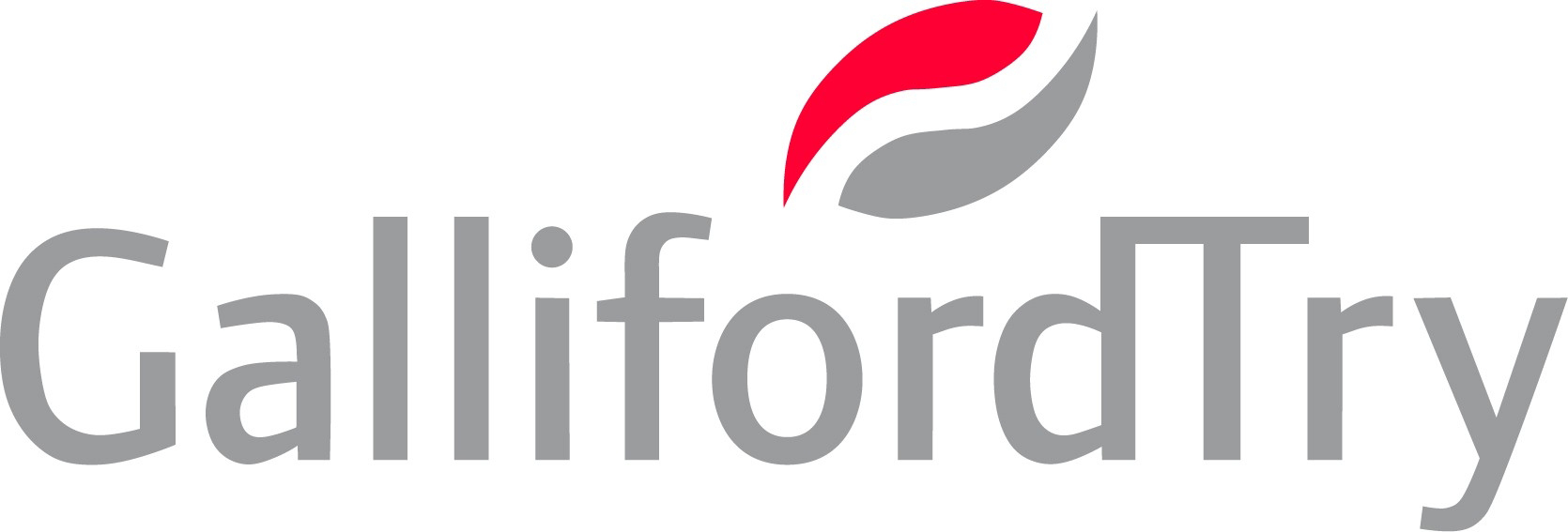
 Interserve has established tool box talks including a host of facts and figures on drugs and alcohol. Their policy also offers a range of resources such as posters and advisory services. To find out more click
Interserve has established tool box talks including a host of facts and figures on drugs and alcohol. Their policy also offers a range of resources such as posters and advisory services. To find out more click 




